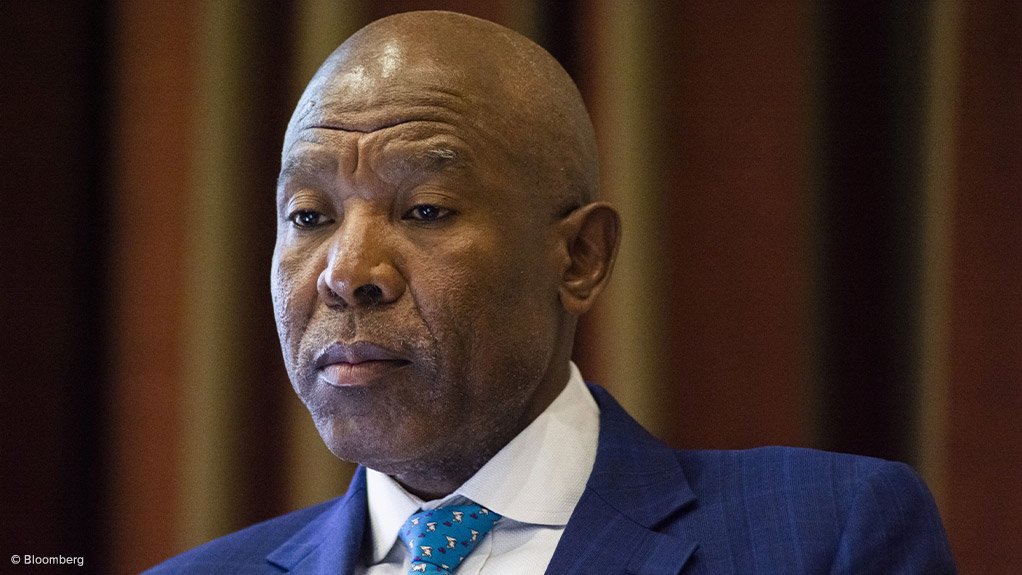For its final decision of the year, the Monetary Policy Committee (MPC) left South Africa’s key interest rate unchanged at 8.25% for a third consecutive meeting, in line with economists’ expectations.
This comes after annual consumer price inflation leaped to 5.9% in October from 5.4% in September, closing in on the upper end of the SA Reserve Bank’s targeted band of 3% to 6% and marking a third month of increases. That figure was higher than economists expected.
"Risks to the inflation outlook still are still assessed to the upside," Reserve Bank Governor Lesetja Kganyago said in Pretoria on Thursday. The decision to keep interest rates on hold was unanimous, but the committee stands ready to act should risks materialise, Kganyago said.
Inflation has been accelerating over the past three months, the opposite of what the MPC would like to see – and there is the added risk of what South Africa’s latest round of port challenges could do to prices in the coming weeks, said Angelika Goliger, EY Africa Chief Economist, referring to Transnet’s delays at various harbours. Kganyago also noted the lengthy delays and said the operation of ports and rail "have become a serious constraint".
For consumers, their loans won’t cost them more over the festive season, but rates are at 14-year highs and most economists don’t expect any chance for cuts until at least March next year. HSBC was less optimistic than others and said the MPC may only cut rates from September.
"The near-term risk is for interest rates to edge higher, should the SA Reserve Bank’s inflation projections start to deteriorate, lowering the real policy rate and delaying the return to the 4.5% midpoint target,’" HSBC said.
The Reserve Bank’s gross domestic product outlook improved, with it forecasting 0.8% growth this year, up from 0.7%, and increased it to 1.2% next year. This was after spending by firms, households, public corporations and general government remained positive in real terms on an annual basis; the disposable income of households being expected to grow, albeit slowly; the investment forecast for the year was revised up to 7.7% in September and credit growth to households and corporates slowed, but remained positive.
"At the current repurchase rate level, policy is restrictive, consistent with the inflation outlook and elevated inflation expectations. Decisions will continue to be data dependent and sensitive to the balance of risks to the outlook," Kganyago said.
EMAIL THIS ARTICLE SAVE THIS ARTICLE
To subscribe email subscriptions@creamermedia.co.za or click here
To advertise email advertising@creamermedia.co.za or click here











